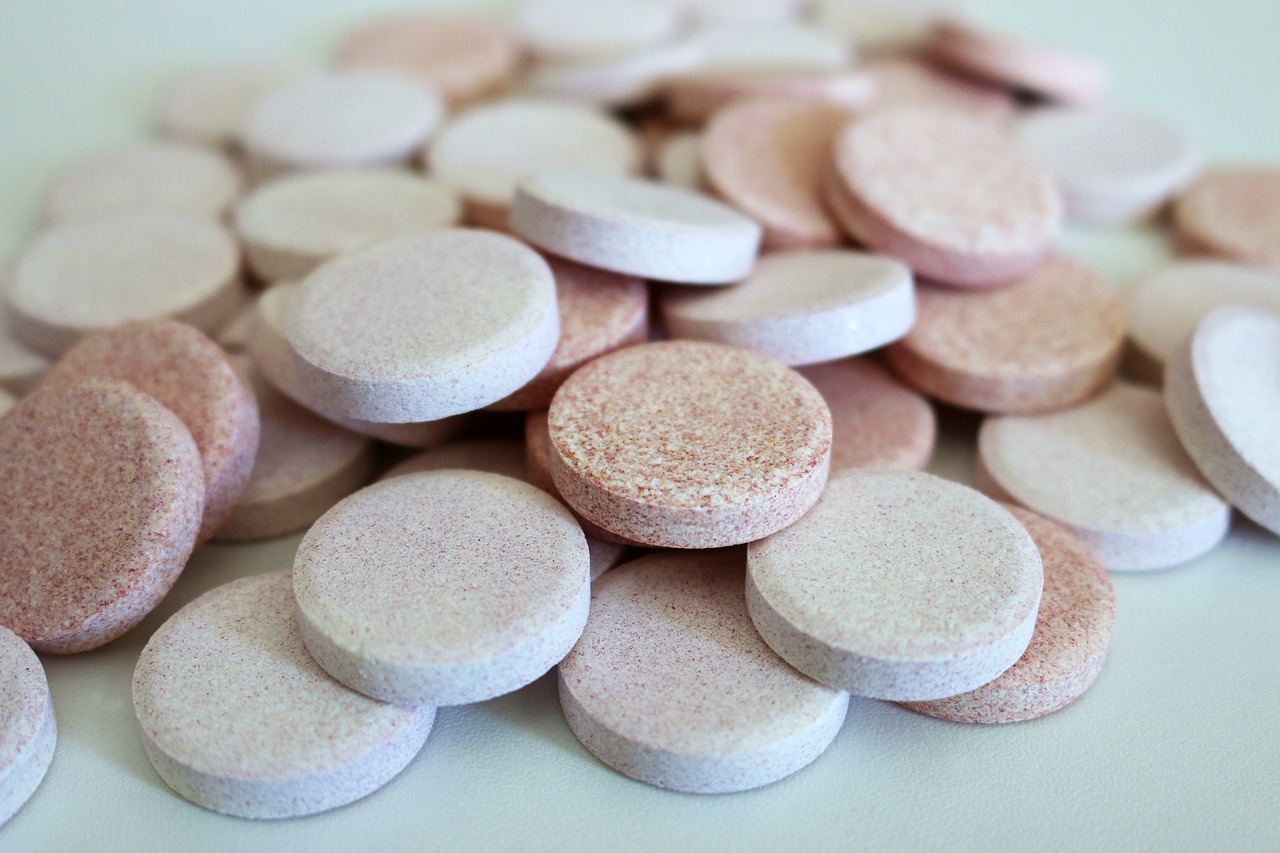
Your denture cleaner may not be as safe as you think. The most popular effervescent denture cleaners commonly found in pharmacies such as Efferdent and Polident contain persulfate, a toxic chemical. Some people suffer allergic reactions to persulfate, even when they use the denture cleaner as instructed.
If you suffer from gum tenderness, rashes, or tissue damage in your mouth, then you may be having an allergic reaction to persulfate. It is recommended that you use a denture cleaner without persulfates to reduce the risk of experiencing any symptoms.
Alternative Denture Cleaner Without Persulfates
Because of the risks associated with persulfate denture cleaners, you should look for other products that won’t irritate your mouth and gums. You can still use a denture cleaner without persulfates, as there are several products on the market that fit this criteria.
Recommended Products:
Just to name a few. When searching for a product, make sure that it is marketed as “persulfate free” or that it contains “no persulfates.” If you cannot find those words anywhere on the packaging, then there is a high chance that it contains persulfates and you should avoid it if you are allergic.
Cleaning Your Dentures with Natural Products
What better way to be completely safe from the dangers of any toxic chemicals than to use natural products to clean your dentures? We recommend cleaning with baking soda and castile soap.
For both of these ingredients, submerge your dentures in water (distilled water is best) and add 2 tsp of baking soda, or a few drops of castile soap. These natural ingredients can eliminate bacteria, and in the case of castile soap, leave your dentures smelling fresh.
We’ve already written a guide on the best night guard cleaner to eliminate bacteria, so you can read that for more information.
Common Denture Care Mistakes You Should Avoid
Scrubbing your dentures with toothpaste. Toothpaste is abrasive and the bristles on regular toothbrushes will damage dentures. They can cause perforations where bacteria will reside in. It also makes it easier for chemicals to enter and remain there, if you have been soaking with persulfate denture cleaners. Instead, use a soft-bristle denture brush and water to clean the surface of your dentures.
Exposing dentures to excessive heat. Do not let your dentures soak in hot water or leaving it in direct sunlight as the heat can warp your dentures over time. Do not put your dentures into the dishwasher to clean it, always manually clean it yourself. If you carry your dentures in a case in your pocket, do not forget about it and find them in the dryer later. These will cause irreparable damage to your dentures.
Soaking in mouthwashes containing alcohol, or soaking in vinegar. Dentures are made of porous material, and if you leave them soaking in vinegar or alcohol then they will absorb these ingredients into your dentures. They can cause your dentures to have a foul odor that is difficult to remove.
Leaving your dentures where pets can find them. You’re not the only one willing to wear dentures in your house. A curious pet would love to put that piece of plastic into their mouth and slobber it with drool. Whether it is damaged or not by an ordeal like that, you probably won’t want to wear it anymore.